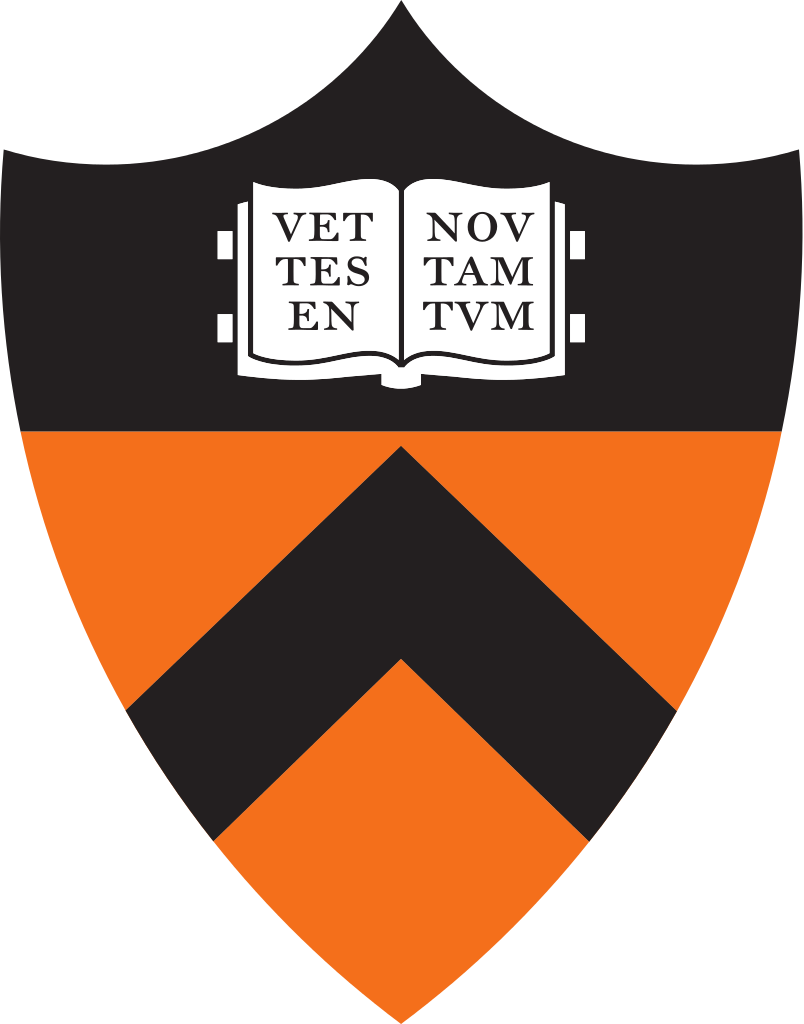IN MEDIA RES:
Intermediality and the Borders of 20th Century Culture
Princeton University, October 20-22, 2016
Annual Interdisciplinary Graduate Student Conference
Organized by:
Princeton University, Department of Slavic Languages and Literatures
Keynote Speaker: Cristina Vatulescu (New York University)
In Media Res is a three-day conference that will investigate the interconnections between intermediality and various modes of crossing spatial and conceptual boundaries in literature, film, performance, visual and digital media. The conference is focused on Russian, Eastern European, and Eurasian cultures covering a historical period from the 1900s to 2000s.
Starting from the 20th century, the notion of linguistic and literary translation has been extended to the vast movement of people across national and political borders, confronting different cultures, traditions, and languages on an unprecedented scale. These encounters of various geographies are paralleled by the interaction between various media. By intermediality we understand artistic, cultural, and critical configurations that bring to the fore the relationship of material to media in contemporary aesthetic production.
When geographical and media borders are crossed and redefined, the space outlined by the artist functions as a locus in which the spectator becomes aware of the existence of both medium and space as such. In response to intrusion, be it in the form of physical movement across national and geographical borders or in the shape of radical artistic experimentation, culture reacts in a number of ways. The spectrum of cultural and ideological reactions varies from the reinforcement of censorship and normalization to innovation and production of new artistic forms and experiences. It is the dynamics between transgression and appropriation, expansion and fixation, dialogue and mediation that this conference aims to explore.
We invite submissions for the following five main areas of inquiry and provide a short selection of sample topics in each field:
Literature of Displacement, or Emigration as Literary Technique
● Migrant plots in the Soviet and Post-Soviet novel
● The porous borders of genre: diary, reportage, novel
● Traveling tropes: The afterlife of Romantic idioms in Socialist literature
Echo Chamber, or A Century of Music Exchange between East and West
● Musical festivals as venues for artistic exchange and ideological negotiation
● Eastern European music on the Hollywood screen
● Russian musicians go West: Grebenshchikov, Kurekhin, Mamonov
Cinema and Space, or Cinematic Geographies of Socialism and Post-Socialism
● Cinematic visions of urban space: The City Symphony
● Mapping out the new world: Constructions of the State in film after 1991
● Camera travelogues
Palimpsest of Forms, or Dialogue and Appropriation between Media
● Photographic collage and remediation: Rodchenko, Klutsis, Koretsky
● Painting and Film: Moving images
● Experimentation and breaking out from the canon in Eastern European visual arts
Digital Migration, or Crossing Boundaries between Analogue and Digital
● Hypertext Fiction
● Data as Art/Art as Data
● Archives and the Digital Afterlife of Culture
The concept of intermediality opens a vast space for discussion, intervention, and scholarly experimentation. The suggested topics are meant to help orient our potential speakers but not to limit their submissions to the themes indicated above. We encourage proposals engaged with problems of translation and interpretation, contamination and exchange in different media and art forms.
Format
The goal of the conference is to provide graduate students with the chance to present their work to senior scholars in the field and to receive as much constructive feedback as possible. All papers will be made available in advance through the conference website. Presenters will be given 10-15 minutes to deliver their papers, followed by commentary by the panel discussant and then open discussion. In addition to presentations by graduate students, the first day of the conference will feature a roundtable with scholars from Humboldt University and Princeton University sharing their work on questions of literary and cultural translation.
The conference is hosted by the Princeton Department of Slavic Languages and Literatures in collaboration with the Institut für Slawistik at Humboldt Universität zu Berlin. The working language of the event is English.
Submission Details
We welcome submissions from graduate students across disciplines working on 20th and 21st century Russian, Slavic, East European, and Eurasian cultures. Please submit abstracts (300 words or less) to princeton.slavic.conference(at)gmail.com for Massimo Balloni and Natalia Klimova. In addition, please attach a short CV including current departmental affiliation, name, and e-mail. Please submit all files as Word documents. The deadline for submissions is July 31, 2016.
We will be able to provide travel subsidies for the conference participants, as well as lodging for the nights of October 19, 20, and 21.
Any questions should be addressed to princeton.slavic.conference(at)gmail.com
